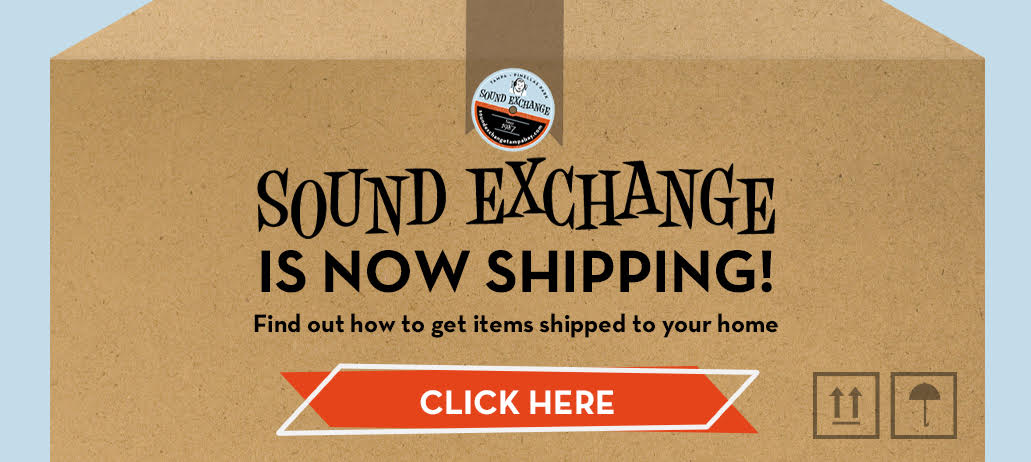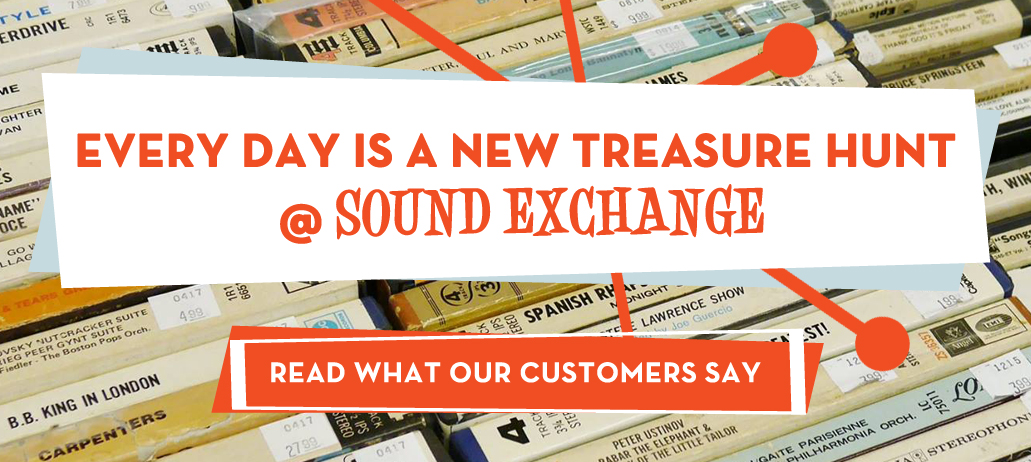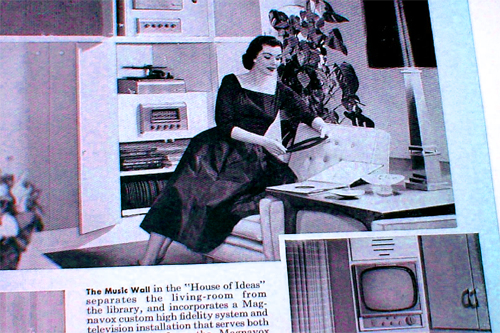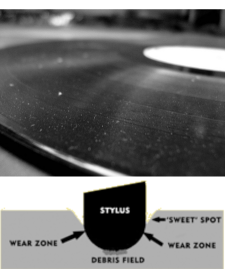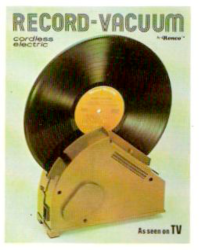Always store your records in a cool, dry, dark environment in an upright position (never flat) that is high off the ground, and that provides some airflow around them.
Ideally each record would be stored in a polypropylene or Mylar plastic bag, with the record stored in its own poly inner sleeve outside of the record jacket. The closer that you can come to these ideals the longer your records should last, which can be a lifetime, or even become a family heirloom.
If you practice these guidelines on a daily basis and on a long term basis you will get the most possible enjoyment from your collection. You will come to learn that light scratches on good old vinyl is nothing to be overly concerned about and that with proper care and cleaning that they can actually come to sound better with repeated use.
 Sign Up For Our Newsletter
Sign Up For Our Newsletter
